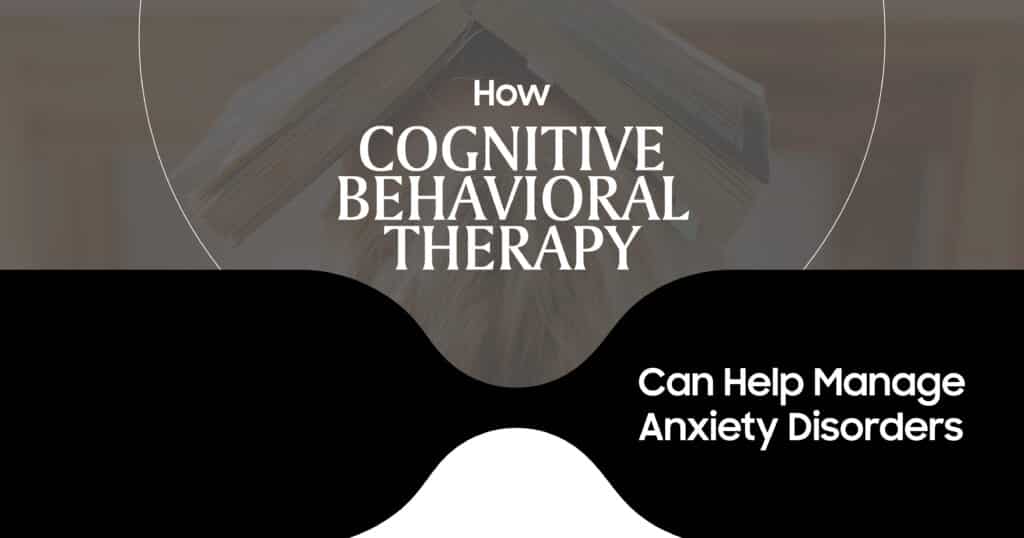Introduction
Hey there! Ever felt like your mind’s on overdrive, buzzing with anxious thoughts that won’t hit the brakes? You’re not alone. Anxiety disorders are like unwelcome guests in the minds of millions. But what if there’s a way to show these intruders the door? Enter Cognitive Behavioral Therapy (CBT), a highly effective treatment that’s been making waves in the realm of mental health. It’s not just any therapy—it’s your mental toolkit for kicking anxiety to the curb. Let’s dive into how this therapy could be your ticket to a calmer, more serene mind.
Understanding Anxiety and Its Impacts
Before discussing CBT’s nuts and bolts, let’s understand the beast we’re dealing with.
What Is Anxiety, Anyway?
Anxiety isn’t just feeling stressed or worried; it’s when these feelings are excited to 100 and don’t seem to shut off, affecting your daily life. Here’s what it can look like:
- Constant worry about the big and small things
- Feeling restless or on edge
- Trouble concentrating or mind going blank
The Ripple Effect of Anxiety
Anxiety isn’t a solo act; it brings a crew of issues along for the ride:
- Disrupted sleep patterns
- Difficulty in maintaining relationships
- Lower productivity at work or school
How Cognitive Behavioral Therapy Can Help Manage Anxiety Disorders
CBT isn’t just about your feelings; it’s about changing your thoughts to improve your feelings and reactions. Here’s the scoop on how it tackles anxiety:
The CBT Toolbox
- Identifying Negative Thoughts: You’ll learn to spot and challenge those pesky thoughts that fuel anxiety.
- Developing Healthier Thought Patterns: CBT helps you put those negative thoughts on trial and replace them with more realistic ones.
- Coping Strategies: You’ll get a real-time toolkit of strategies to manage anxiety.
A Step-by-Step Approach
- Assessment: Your therapist will determine what triggers your anxiety.
- Goal Setting: You’ll set manageable goals to overcome these triggers.
- Intervention: Through sessions, you’ll work on exercises that challenge and change your thoughts and behaviors.
- Evaluation: You’ll assess what’s working and tweak your strategies accordingly.
Real-Life Benefits of CBT for Anxiety
Is all this effort worth it? Here’s how CBT has thrown a lifeline to those drowning in anxiety:
- Improved Quality of Life: Less anxiety means more enjoyment in life’s moments.
- Boosted Self-Esteem: As you master your thoughts, your confidence significantly boosts.
- Better Relationships: Less tension and more understanding can smooth out personal interactions.
FAQs: All About CBT and Anxiety
What’s the success rate of CBT for anxiety?
While individual results vary, numerous studies have shown CBT to be highly effective, with many experiencing significant improvements.
How long does it take to see results from CBT?
Some folks feel better after just a few sessions, but getting the full benefits typically takes 12 to 16 weeks.
Can CBT work for severe anxiety disorders?
Absolutely! Cognitive Behavioral Therapy is versatile and can be tailored to tackle all shades of anxiety, from mild unease to severe anxiety disorders.
Wrapping Up: Why Give CBT a Whirl?
So, why not give CBT a whirl? It’s not just a therapy session; it’s a life lesson in managing your mind. With its practical approach and proven results, Cognitive Behavioral Therapy is a standout choice for anyone looking to take back control of anxiety.





